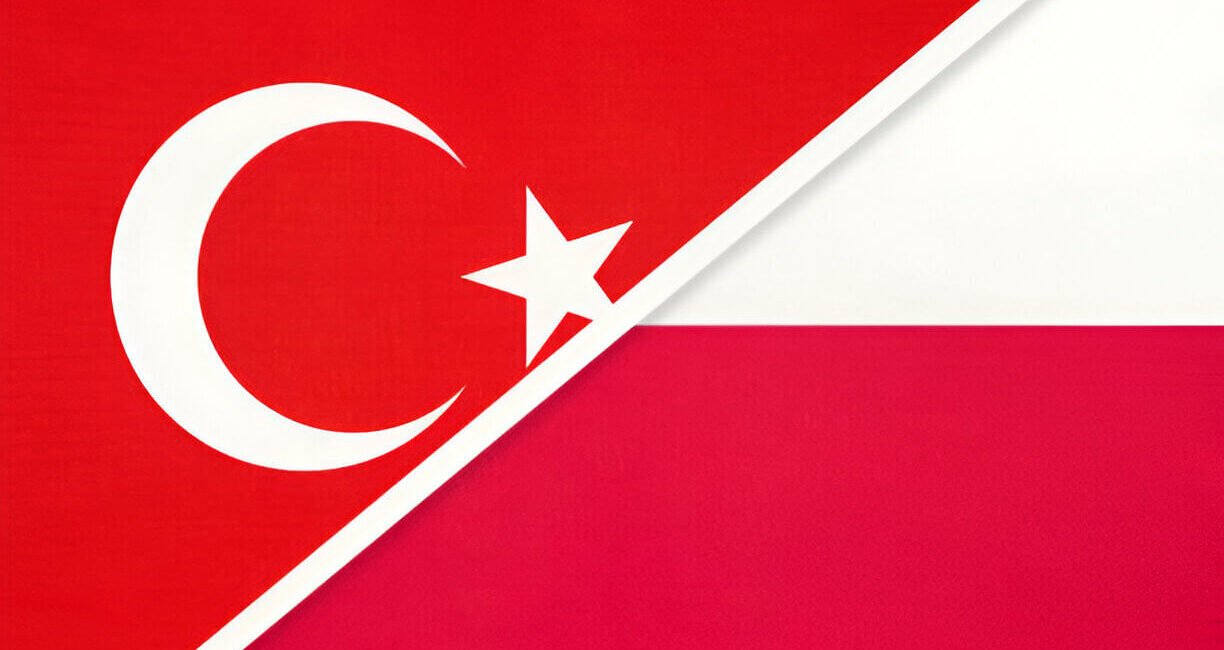
Telemedicine is revolutionizing the way individuals access healthcare. Telemedicine bridges patients and physicians across digital platforms, eliminating distance and time impediments. Telemedicine use is rapidly increasing in Turkey and Poland. Nevertheless, language barriers continue to be a significant challenge. Specialist translation has become an important factor in providing proper communication and improved patient outcomes. This article describes why proper translation is necessary to make telemedicine successful in both countries.
Growing Demand for Telemedicine in Turkey and Poland
Over the last few years, Poland and Turkey have witnessed enormous development of digital health remedies. Telemedicine has facilitated remote consultation of specialists by patients from rural regions. Urban societies now enjoy quicker access to medical opinion. Hospitals and clinics are increasingly using telemedicine as an element of their services, and government projects promote its expanded application to increase pressure on conventional healthcare facilities.
Language differences, nonetheless, remain a problem. Patients will not comprehend fully if medical material is not translated. Physicians will also find it difficult to examine patient records in a foreign language. Such problems can impact treatment quality and patient satisfaction. Working with reliable partners such as a Turkish translation company or opting for an English to Polish translation service ensures that all medical documents, records, and telemedicine platforms are linguistically accurate and culturally relevant for both countries.
Why Specialized Translation Is Critical
Healthcare translation is quite distinct from regular translation. Medical vocabulary has to be translated with accuracy. A small mistake can result in incorrect treatments or diagnoses. Telemedicine platforms have to collaborate with translators who are proficient in medical vocabulary.
Specialized translation also considers cultural differences. Health information is frequently about sensitive material, so tone and clarity are crucial. Patients feel safe with sites that speak their language and are culturally sensitive. In telemedicine, where there is limited face-to-face interaction, this trust becomes even more critical.
Bridging Turkish and Polish Patients Through Accurate Communication
Turkey and Poland are different in language, healthcare policy, and culture. Telemedicine providers, in many cases, will want to serve both markets, which can be complicated without language proficiency. Consent forms, app user interfaces, and patient instructions all need accurate translation. In video consultations, real-time interpreting can be required.
It is here that a reputable Turkish translation company brings value. Likewise, a seasoned supplier providing an English to Polish translation service enables physicians and patients to speak effectively with one another. Eliminating barriers in language enables health companies to reach wider audiences and form more effective patient relationships.
Localization Builds Better Telemedicine Platforms
Localization exceeds literal translation. It modifies all content to satisfy the legal, cultural, and linguistic requirements of every market. For telemedicine, this means:
- Translating online platforms like apps and websites.
- It also means modifying clinical guidelines to abide by local law.
- Shaping marketing campaigns for more patient interaction.
- Translating privacy policies and consent notices to comply with requirements.
When platforms are familiar to patients, patients are more likely to finish consultations and adhere to medical recommendations. Physicians also feel more confident when patient histories and records are accurately translated.
Language Support Improves Patient Safety and Trust
Telemedicine relies heavily on trust. Patients share private health information online and expect accurate, reliable guidance. Poor translation can harm patient safety. Confusing dosage instructions or unclear symptom descriptions may lead to medical errors.
Using experienced translators greatly reduces these risks. Professionals often collaborate with healthcare experts to ensure accurate results. This precision helps patients feel secure and strengthens the reputation of telemedicine providers.
Helping Providers Stay Compliant
Both Poland and Turkey impose tight healthcare regulations. Telemedicine providers have to adhere to data security standards, privacy laws, and medical record rules. The majority of these regulations are drafted in the national language and ARE difficult to interpret. Professional translators help providers interpret and fulfill such legal requirements. They correctly translate contracts, policies, and terms of service. This prevents companies from facing compliance problems, penalties, or disconnections.
Driving Growth in New Markets
The telemedicine market is competitive. Providers must provide great patient experiences to differentiate themselves. Language is one of the key factors in creating such experiences. Sites that communicate in the language of the patient have the upper hand.
Quality translation enables healthcare companies to grow quickly. Rather than re-crafting content for each new market, they are able to lean on professional translators who produce quality work quickly. This saves time, enables quicker launches, and enhances brand image.
Building Reliable Translation Partnerships
Translation is not a project once undertaken. With telemedicine platforms evolving and adding capabilities, constant language support is needed. Professional translators also employ more sophisticated resources like terminology databases and translation memory systems. These allow for uniformity in all materials and lower costs for future projects. Ultimately, patients have an improved experience, and providers see lower costs.
The Future of Telemedicine in Turkey and Poland
Telemedicine uptake in Poland and Turkey will expand further. Patients enjoy its ease of use, and governments view it as a means to expand access to health care. But it won’t just be technology that will make it successful. There must be clear communication and alignment of cultures.
Specialized translation guarantees that patients comprehend each aspect of their treatment. It creates trust and enables providers to comply with regulations
Conclusion
Telemedicine in Poland and Turkey will also expand further, but its success relies on more than technology. Simple communication and cultural alignment matter. Specialist translation gains patient confidence, confirms compliance, and enhances the quality of care. Working with experienced providers such as CCJK, which has over 20 years of experience in Turkish and Polish medical translations, assists telemedicine platforms to bridge the language gap and grow effectively.

